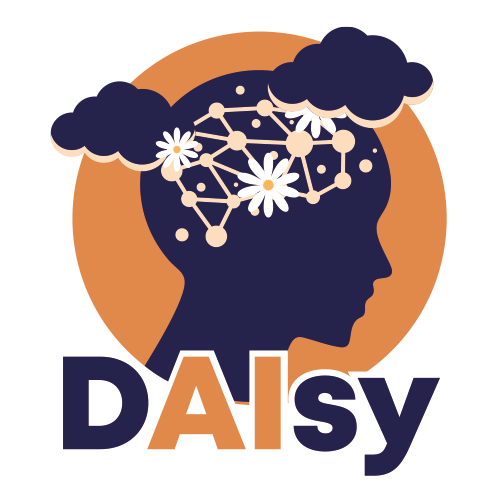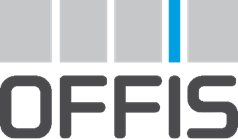Background
Today’s health care system is becoming increasingly complex. More and more medical disciplines are involved in the diagnosis, treatment and follow-up of patients, and the number of available treatment options is rapidly increasing. However, the treatment available for mental illnesses remains inadequate. Not only during the Corona pandemic, but also in the years before, mental illnesses have increased considerably. In Germany, depression is one of the most underestimated mental illnesses in terms of its effects. In Germany, a total of 8.2% of all adults develop a unipolar or persistent depressive disorder in the course of a year. Taking into account not only the direct costs of diagnosis and treatment, but also secondary costs (e.g. productivity losses due to inability to work or early retirement), the total annual costs of depression in Germany alone are estimated to at least 22 billion euros, with productivity losses accounting for the largest share. Therefore, the treatment of depression is not only important to reduce individual suffering, but also to avert economic damage. For this purpose, new AI-based ways must be found to make treatment more efficient for those affected and to reduce the enormous health expenditure.
The Research Project
The aim of this project is to develop an interactive, personal and holistic avatar-based therapy system for self-management of depressive disorders. The system consists of mobile in-situ support, in combination with immersive ex-situ post-processing of self-experienced everyday situations, for better management of the symptomatology. In the process, mobile-recorded factors such as physical characteristics but also the location and context of the situation are recorded to provide users with appropriate support within the experienced situation in the form of a digital health application. To this end, the AI-supported health application will draw on therapy elements that have been tried and tested in psychotherapy and make them available in a personalised and processed form together with the context data collected daily. The project is funded by ITEA, and the DLR (Deutsches Zentrum für Luft- und Raumfahrt e.V.) is the project management agency for the German sub-project.
Project Goal
The aim of this project is therefore to explore novel, innovative therapy systems to improve diagnostic, interactive and individual approaches for patients suffering from a depressive illness. Two use cases are pursued, which are briefly presented below:
MULTIMODAL NEUROFEEDBACK SYSTEM
The aim of this outpatient therapy method is to record neuronal reactions to standardised test environments via a multimodal neurofeedback system and to present this to the patients as feedback. This is intended to activate self-regulating mechanisms of the brain to counteract dysfunctional neuronal activity patterns. Feature extraction from the recorded data is a highly demanding task that will be realised within the framework of this project with the development of innovative AI-based algorithms. In addition, the EEG-based neurofeedback system will be extended by an fNIRS to test whether the fusion of the sensor data of the two systems leads to an improved signal quality for neurofeedback. EEG-based approaches show good temporal resolution, while fNIRS-based approaches have their advantages in local resolution. A combination of the systems could lead to an improved overall resolution.
VIRTUAL THERAPY ASSISTENT
The aim of this approach is to provide continuous support for patients in their everyday lives through a virtual therapy assistant. In the form of a digital health application, this collects data on the patient’s experience and behaviour, such as mood parameters, medication intake, the use of social media, physical activity, vital parameters or the usage times of mobile devices. Through the application of AI-based methods, individual behavioural and mood patterns are to be recognised and situation-appropriate treatment measures derived. Through better and more precise knowledge of the patient’s condition, symptom-based neurofeedback procedures will thus be able to be optimally used and adjusted. In addition, the therapy assistant will provide various therapy elements – proven in classical psychotherapy – digitally processed and AI-assisted.
Team

Benjamin S. Storey

Johannes Spallek

Rainer Feinen

Prof. Dr. Alexandra Philipsen

Prof. Dr.-Ing. Andreas Hein

Dr.-Ing. Frerk Müller-von Aschwege

M.Sc. Patrick Elfert

Dr. rer. nat. Franziska Klein

B.Sc. Julien Räker
Contact us
We will gladly answer your questions.







